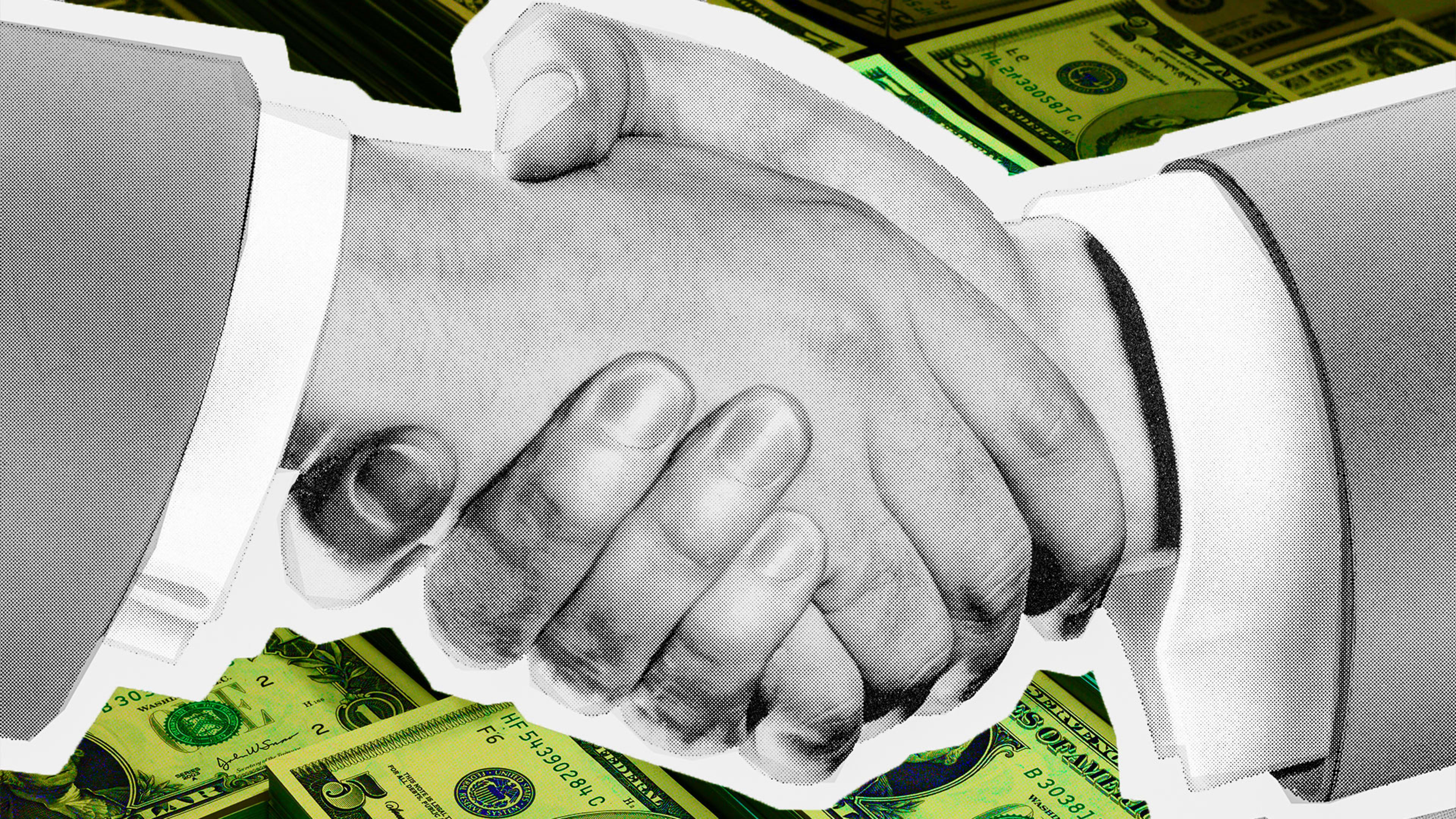When Elon Musk tweeted “Love Me Tender” on April 16, he wasn’t sharing his favorite Elvis Presley song, he was foreshadowing his next move in his attempt to take over Twitter. Musk is currently exploring a tender offer on the social media network, according to a new filing with the U.S. Securities and Exchange Commission (SEC), which notes that Musk has $46.5 billion committed to help secure a deal.
The tender offer would be, in effect, a hostile takeover attempt by Musk following his initial offer to buy Twitter for $54.20 per share, or more than $40 billion in cash. That offer was largely met with crickets from Twitter’s board—and the adoption of a “poison pill” strategy that would dilute his stake if he purchased more than 15% of the company. He is now exploring a potential tender offer in order to take control of the company. Musk is the second-largest Twitter shareholder behind Vanguard Holdings, and by buying up more shares through a tender offer, he could become its largest, while gaining a controlling interest in the company. Morgan Stanley, which is Twitter’s third-largest shareholder, leads Musk’s updated funding commitment, according to the SEC filing.
A tender offer is a wide solicitation to shareholders to buy their shares made by a bidder (Musk, in this case), at a specified price, and within a certain time frame. Tender offers “must comply with the rules and regulations of the SEC, which include certain disclosure requirements, minimum offering periods, withdrawal rights, manner of publication, and other requirements,” according to the SEC.
What does this all mean for Twitter shareholders? According to the SEC filing, Musk is willing to buy their stock at a price of $54.20 per share. Investors will likely have some time to either accept or decline the offer, and if enough shares are tendered, Musk’s takeover strategy may prove successful. Over the past week, Twitter’s stock has been trading between $44.50 and $48.50 per share. It had been trading at less than $40 per share before Musk acquired a 9.2% stake at the beginning of April.
As such, some shareholders could see a solid return by accepting. Musk’s plan could fail, though, if too few shareholders accept, and he is unable to accumulate enough shares to acquire a controlling interest. Twitter’s poison pill could complicate things for Musk even if he does gain a controlling interest, as discounted shares would then be offered to other investors to dilute his ownership. But as The Wall Street Journal reports, it would still send a strong message to Twitter’s directors—two of whom are up for reelection next month.
Tender offers and other forms of hostile takeovers occur somewhat frequently with mixed results. For example, in March 2020, Xerox launched a formal tender offer for Hewlett-Packard’s shares, which ultimately failed as the first waves of the COVID-19 pandemic threw the business sector into chaos. Conversely, a successful takeover bid making use of a tender offer occurred in March 2019 when Merck launched a cash tender offer to acquire Versum Materials.
Recognize your brand’s excellence by applying to this year’s Brands That Matter Awards before the early-rate deadline, May 3.
